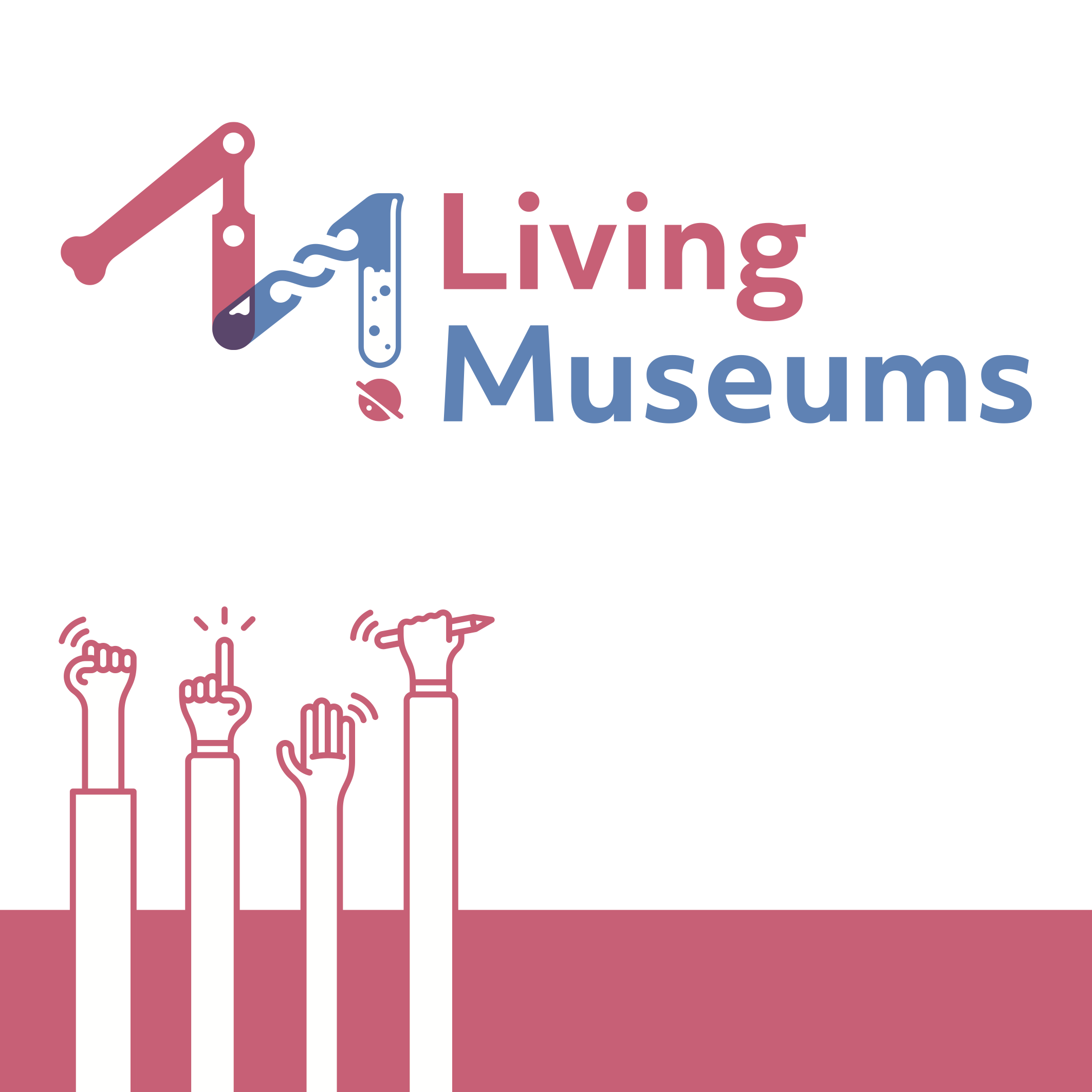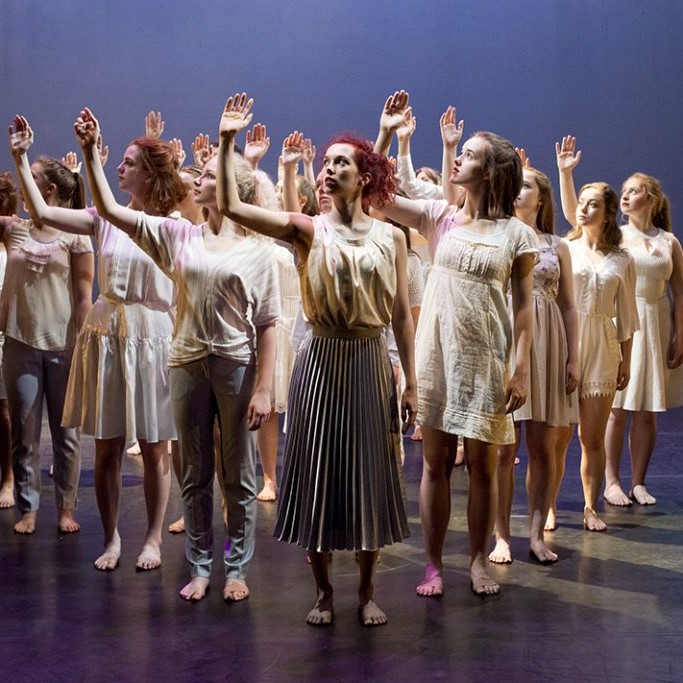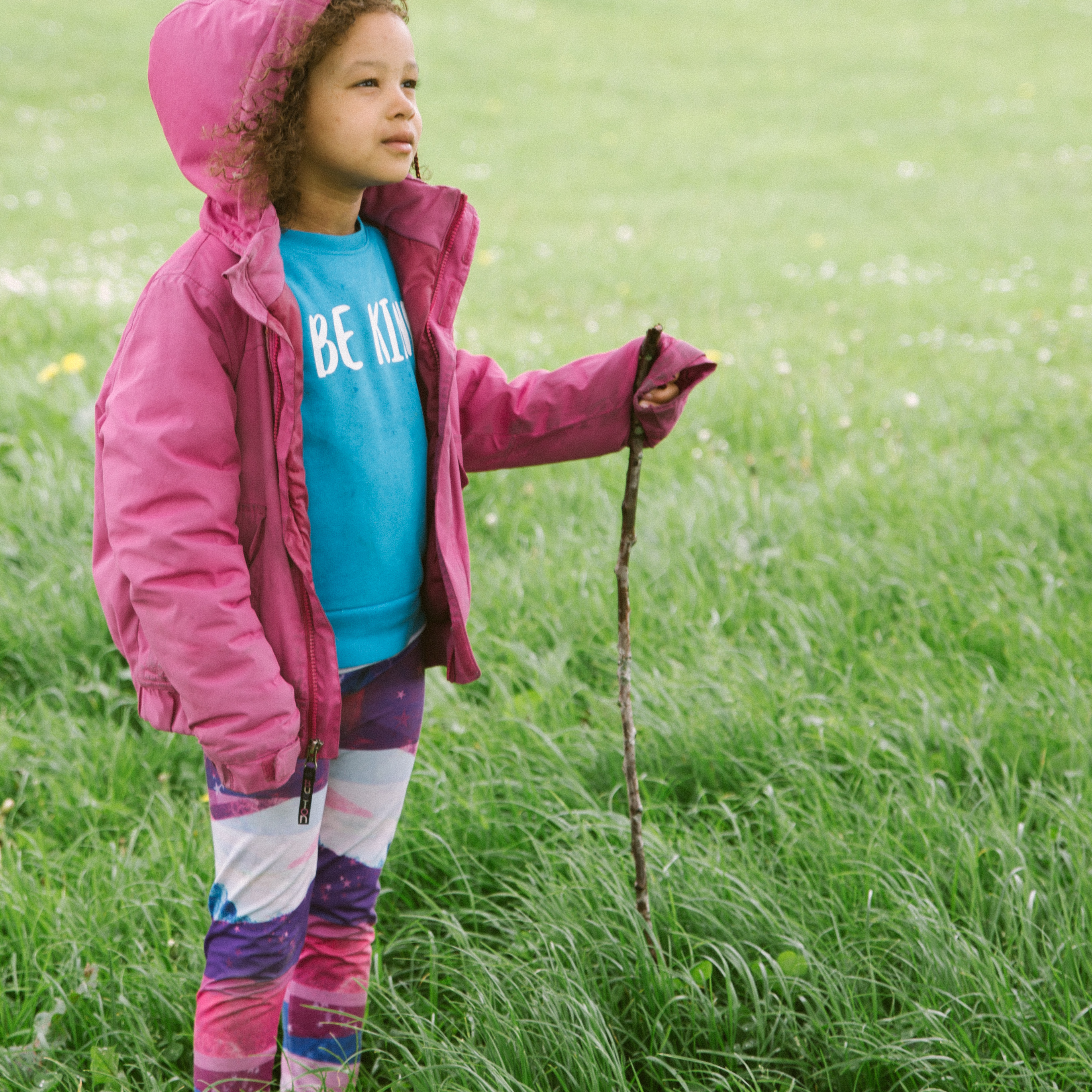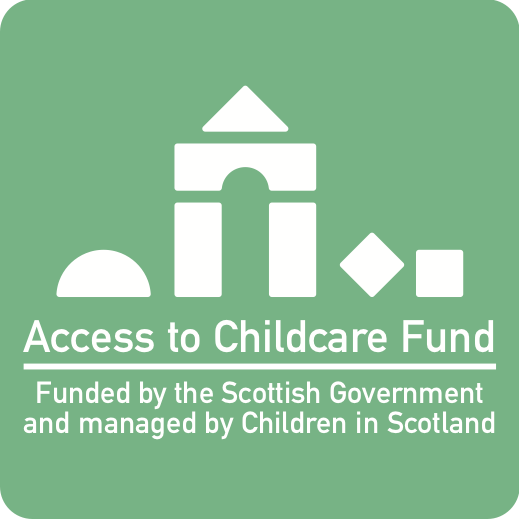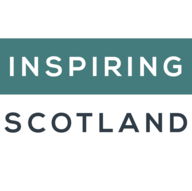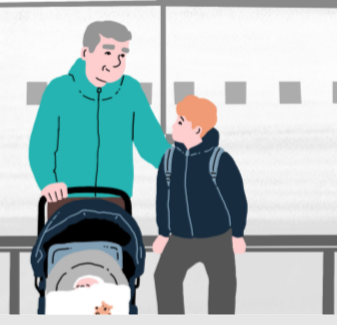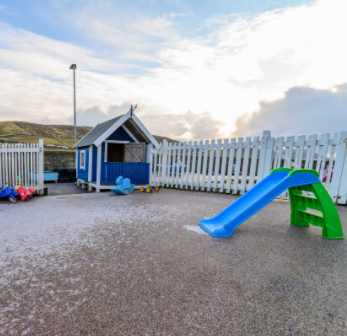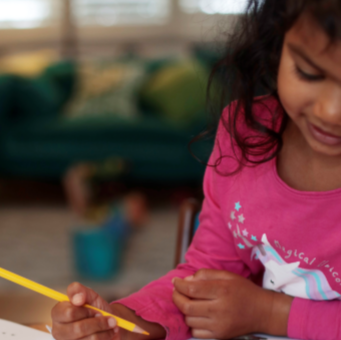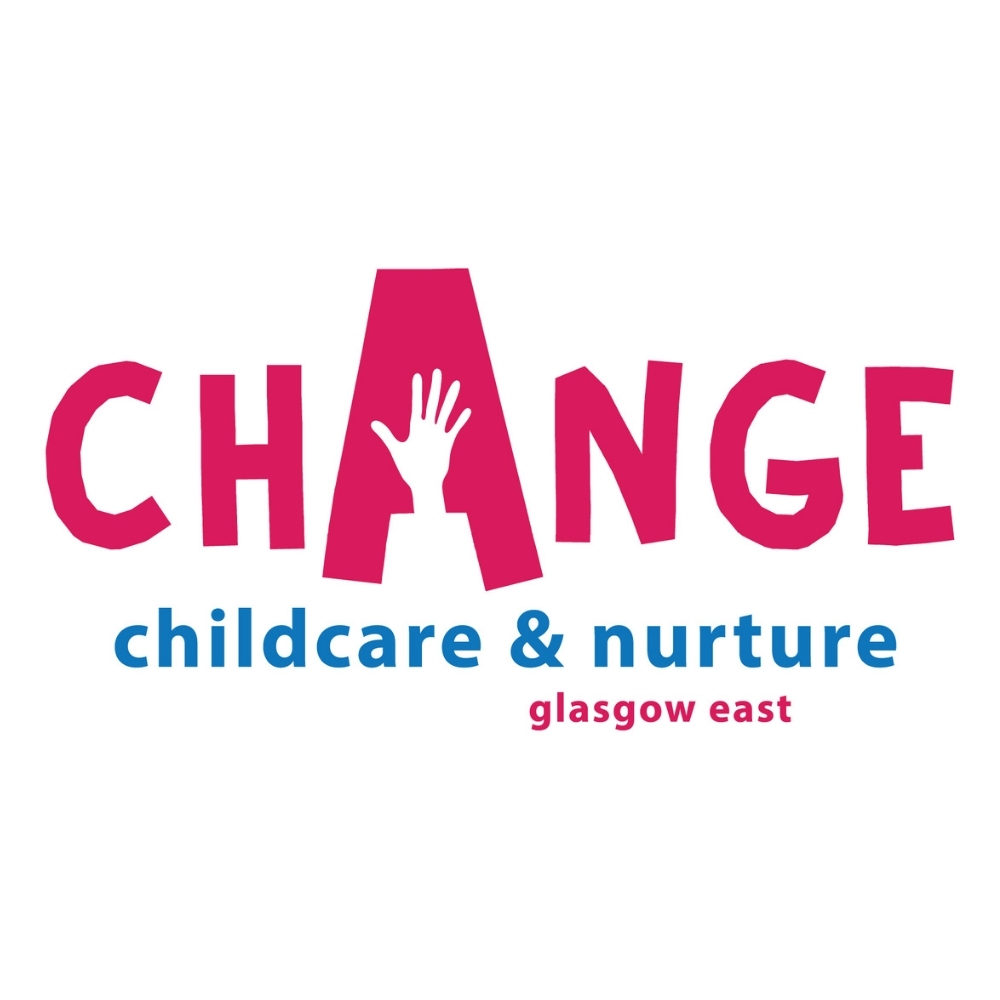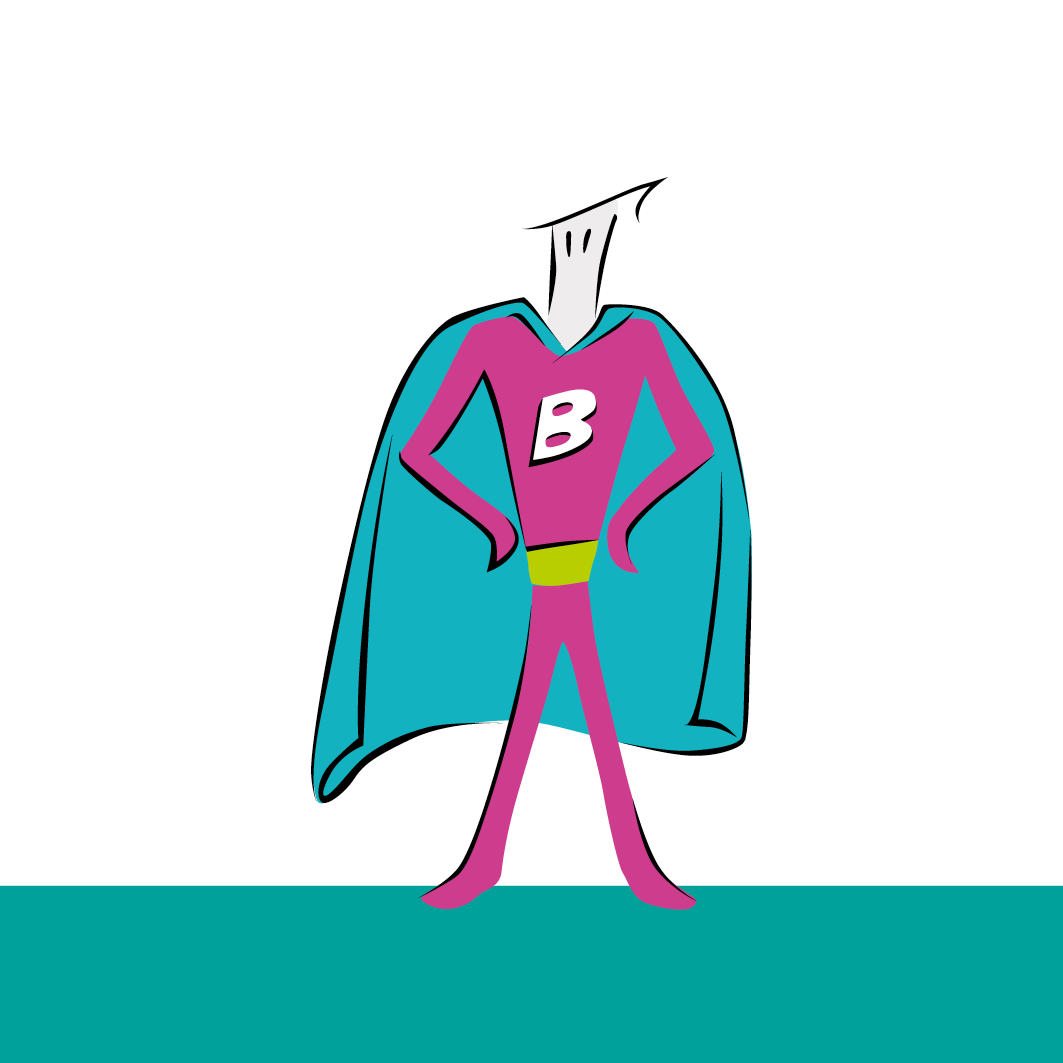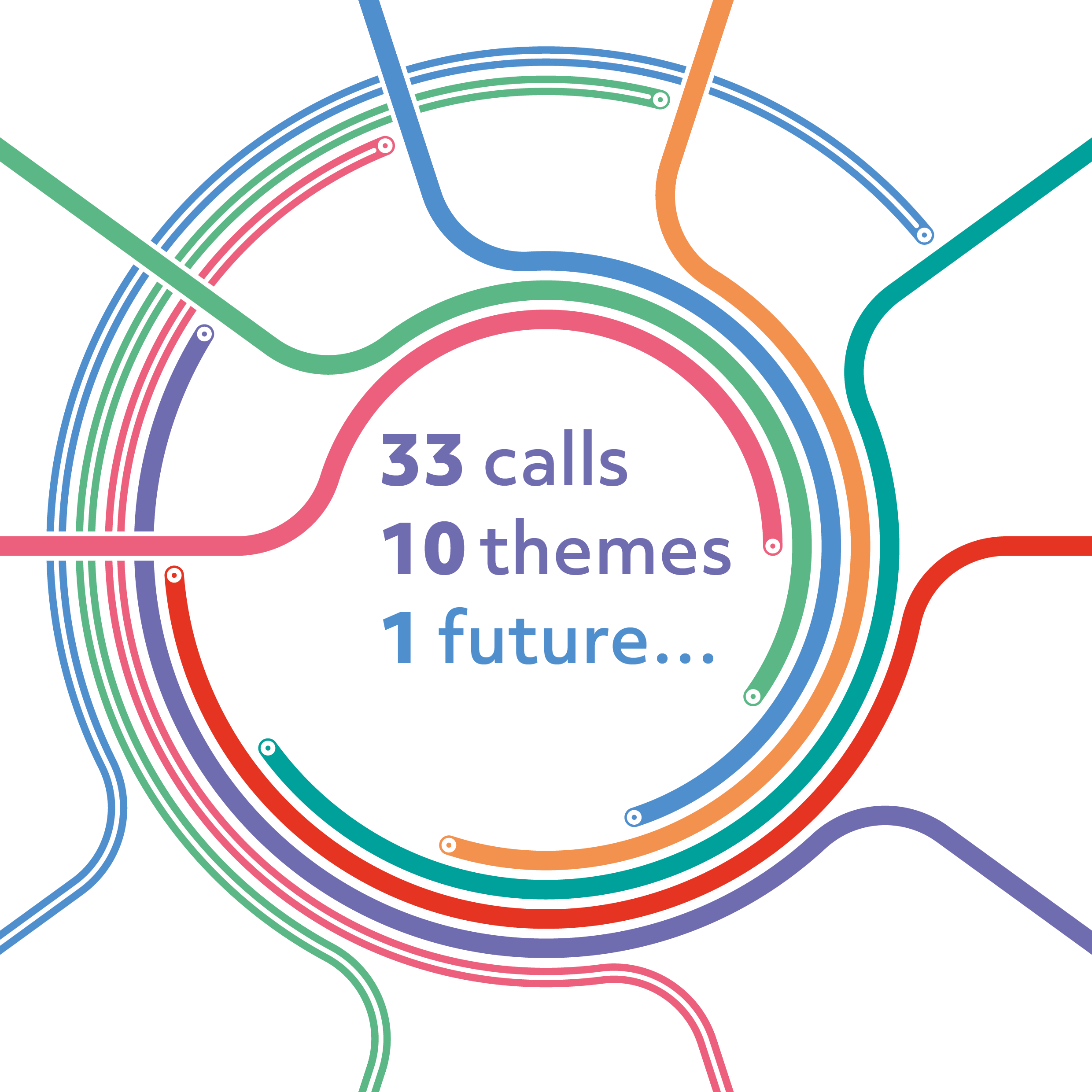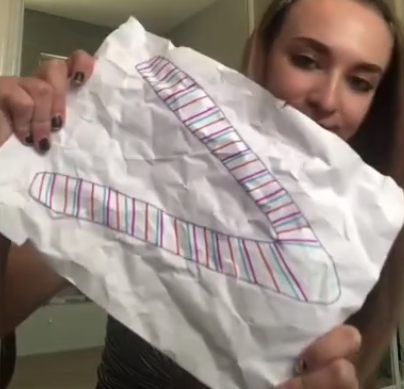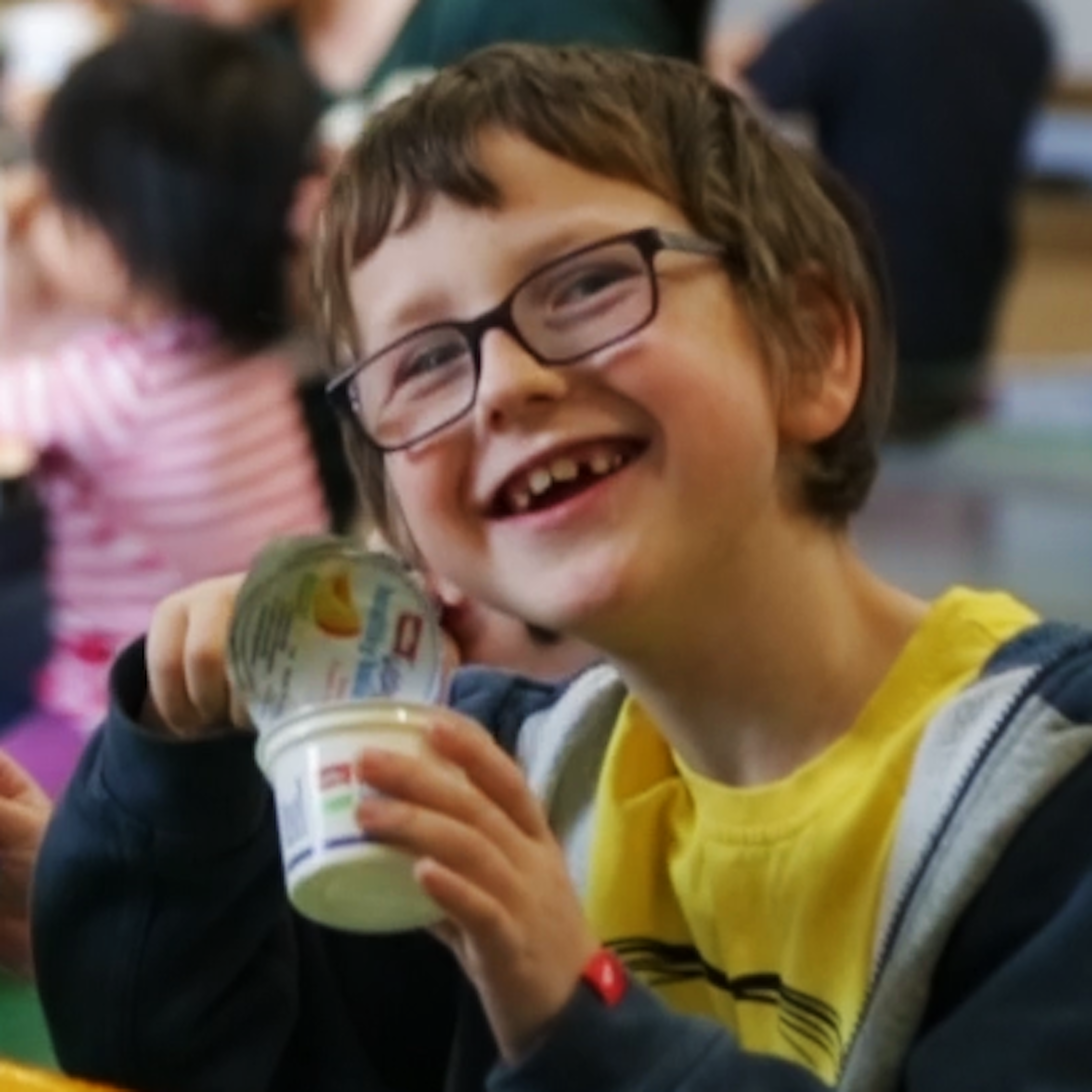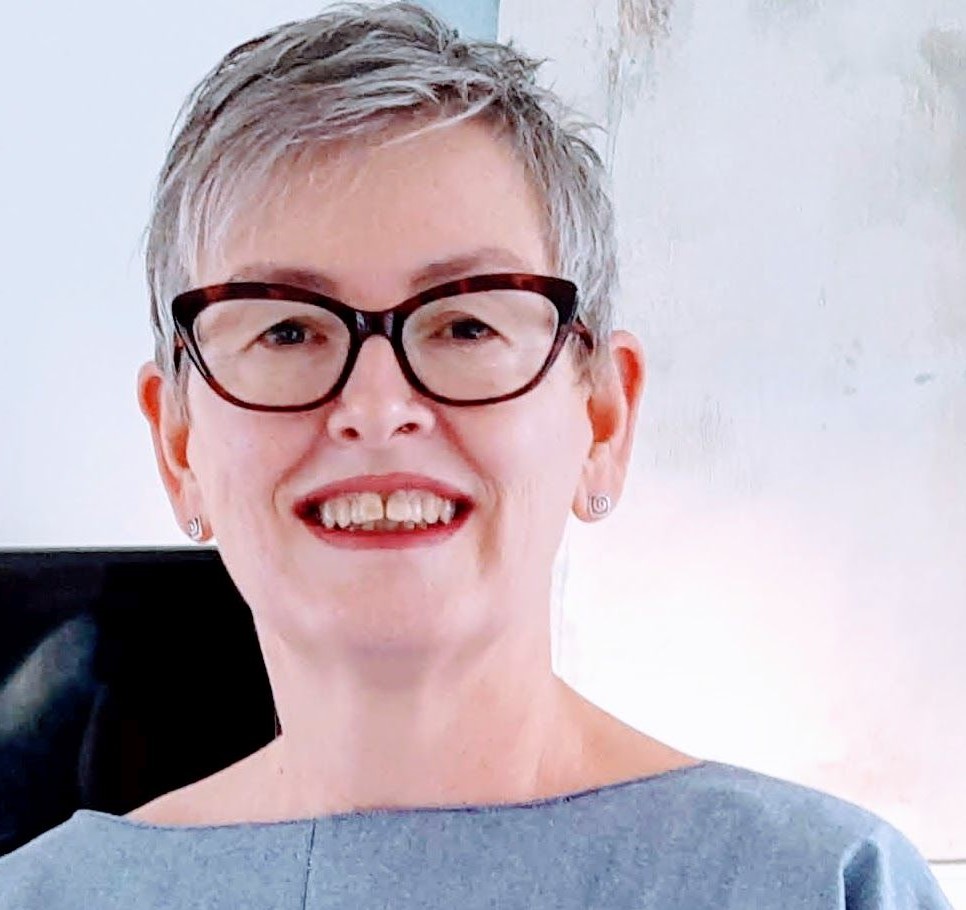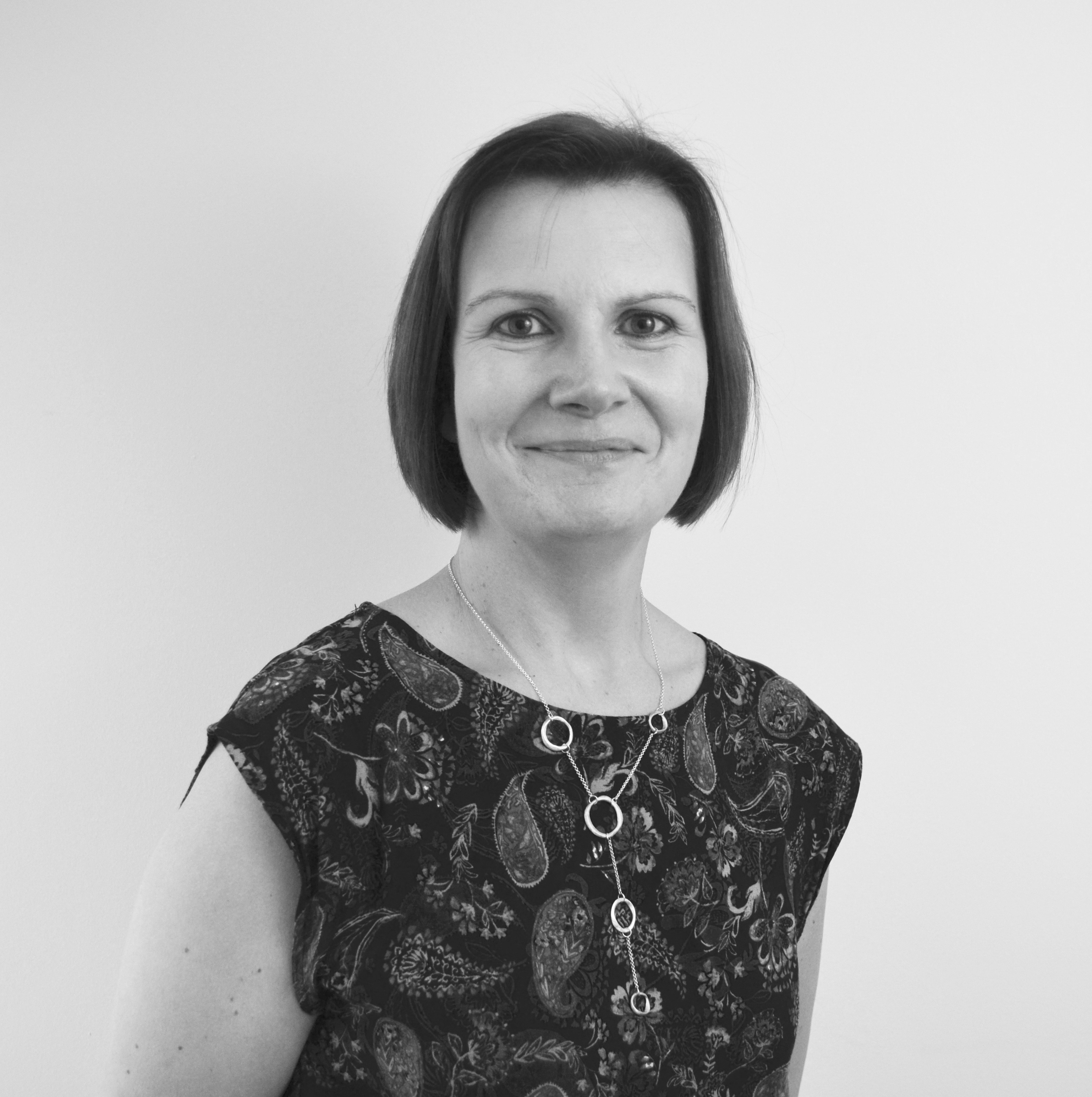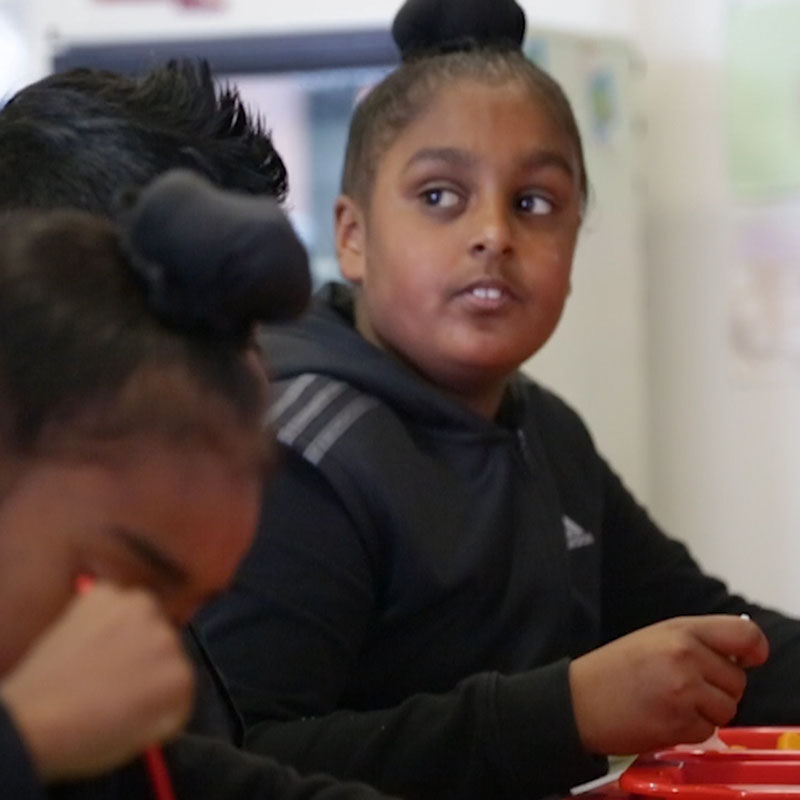9 June 2020
Children in Scotland has marked the completion of its long-running Food, Families, Futures (FFF) project with the publication of two reports evidencing the success and impact of the partnership.
FFF was developed by the charity in 2015 to address a major social issue: food insecurity and its links with wellbeing and education.
Working with families, communities and businesses, FFF supported after-school and holiday provision projects across Scotland, including in Glasgow, West Dunbartonshire, Perth and Kinross, East Lothian, Stirlingshire and Clackmannanshire.
Holiday clubs focused on the value of fun activities, eating together and community strength and since 2016, FFF has helped to drive the issues of food insecurity – and how local and national governments should respond – up the political agenda.
The reports are intended to provide legacy learning and evidence about FFF, giving an honest view of its successes and challenges, and practical insights for any community or organisation wanting to take forward similar work in future.
Relationships and renewal
Freelance writer and consultant Shelagh Young has produced Nourish to flourish - food, fun and family learning, an independent review and analysis of the project.
Click here to read the report
In the report, Shelagh praises FFF partners for harnessing “local energy and support… to kickstart kindness” and argues that their work “shows how to build stronger relationships and achieve valuable learning through making and sharing tasty, nutritious meals together”.
FFF is also highly relevant in the context of our ambitions for renewal following the pandemic. “Sustaining an exciting and effective family and community-led way of working so that it becomes the new social settlement will become one of Scotland’s greatest challenges,” Shelagh says.
The second report, aimed at strategic leadership, is Food, Families, Futures: Making positive change happen alongside families is by Children in Scotland’s Policy Manager (Participation & Engagement), Elaine Kerridge.
Click here to read the report
As well as highlighting the practice-based knowledge built up over four years working on the project, Elaine emphasizes core principles that have been vital to FFF, particularly participation. inclusion and a non-stigmatising, relationship-based approach to poverty.
“Within communities, establishing a trusting relationship is the essential starting point,” Elaine says. “As one Strategic Lead told us: ‘It needs to come from the families.’”
Carrying forward core principles
Children in Scotland CEO Jackie Brock said:
“These two completion reports held contribute to a powerful legacy of learning from the FFF project which we hope others will be able to take forward. We believe that the process of post-virus renewal for schools, communities and families can be informed by some the core principles of FFF which Shelagh and Elaine capture so well in their reports.
“Children in Scotland’s own learning, from policy development to communications, has been hugely strengthened by our experience of leading FFF, and we will be using that knowledge in our ongoing influencing work.
“The early response to the pandemic sees a growing consensus on why direct payments are the answer to families struggling with food insecurity, and how schools and community buildings can be used in a more imaginative, flexible and accessible way.
“There is also important learning about the false division between school and holidays, and how this could be broken down to build relationships and transform schools into through-the-year community assets.
“Most of all, there is learning for all of us about how any kind of project that seeks to address inequality or social justice at community level must be done with families not to them.
“I’d like to thank all our partners who’ve supported this project over the past five years – businesses, third sector groups, funders, local authorities, and most importantly the children and families who have been at the heart of FFF.”







